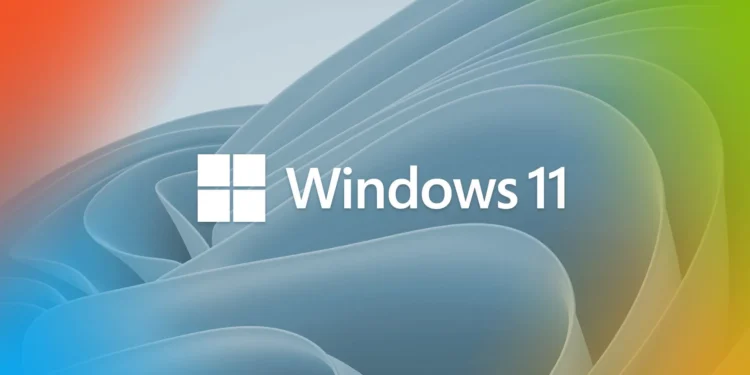Microsoft’s push towards upgrading to Windows 11 has intensified, particularly with the looming end of support for Windows 10 scheduled for October 14, 2025. Yusuf Mehdi, Microsoft’s consumer CMO, recently emphasized the urgency of this transition. In a compelling call to action, Mehdi highlighted, “We recently confirmed that after providing 10 years of updates and support, Windows 10 will reach the end of its lifecycle on Oct. 14, 2025. After this date, Windows 10 PCs will no longer receive security or feature updates.”
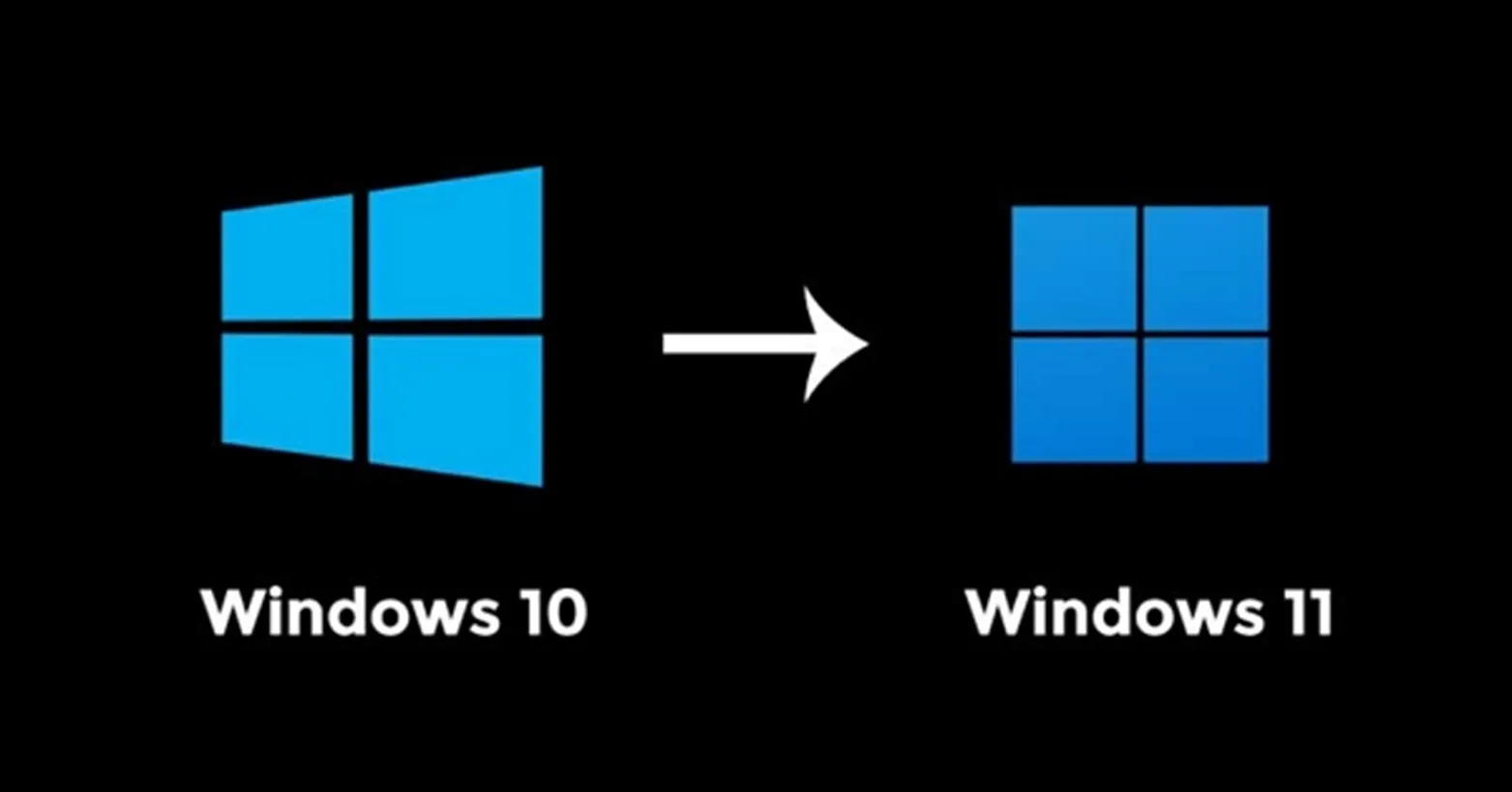
Why Upgrade? The Security and AI Advantage
The rationale behind this massive upgrade initiative is twofold: enhanced security and the integration of advanced AI capabilities. New Windows 11 PCs boast the most sophisticated security features currently available, which are designed to thwart complex cyber-attacks and protect user data relentlessly.
Mehdi stressed the benefits of this transition, stating, “the best, most secure and most performant way to realize the benefits of AI today, and into the future, is with a new Windows 11 PC.” He also reassured users about Microsoft’s commitment to security, saying, “Security is at the heart of everything we do at Microsoft.”
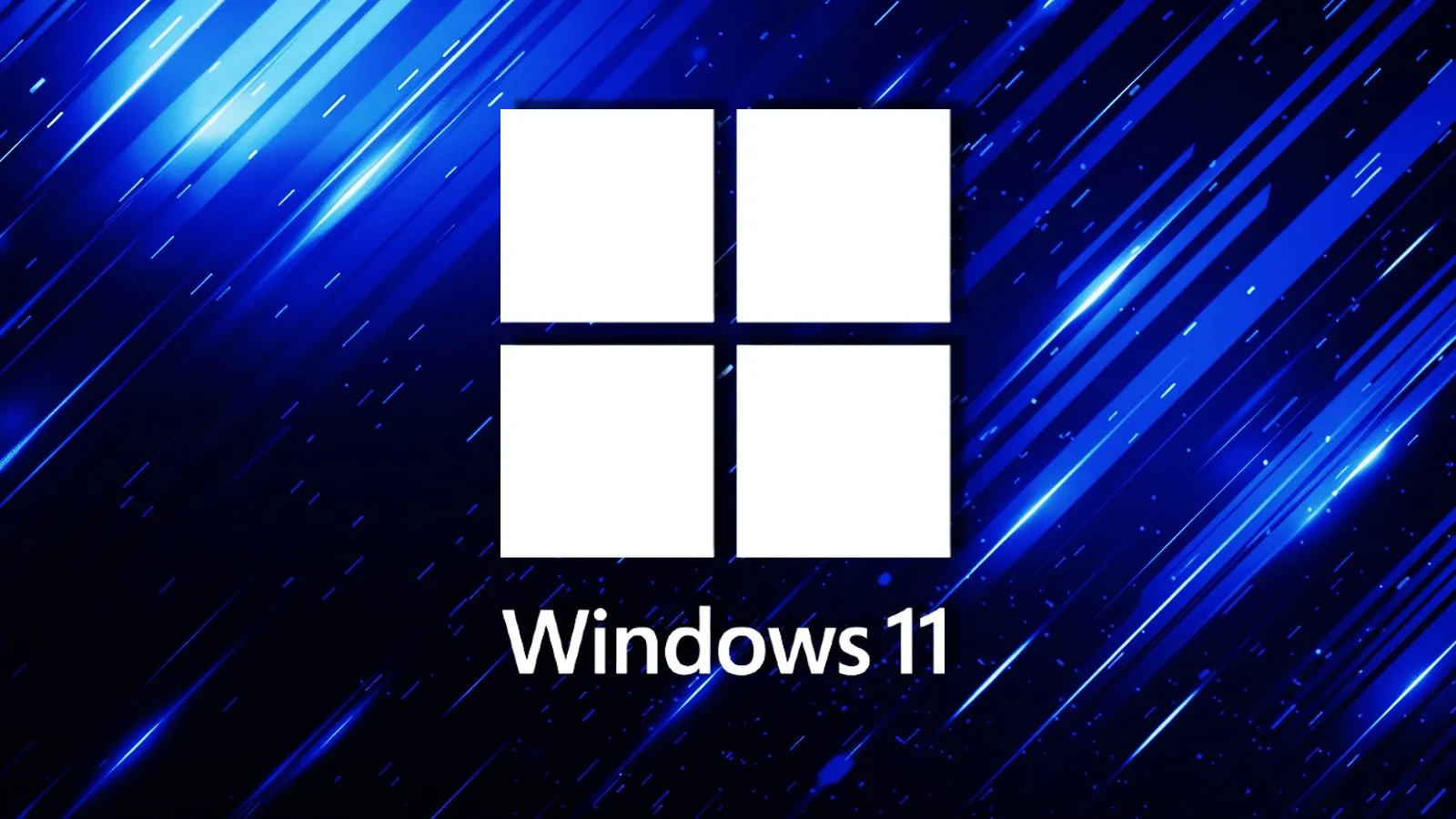
Market Response and Consumer Readiness
Despite Microsoft’s proactive campaign, the response from the market presents a mixed picture. While nearly 80% of businesses, according to IDC, plan to refresh their PC portfolios with Windows 11 by the end of 2025, the consumer uptake shows a cautious trajectory with 70% planning upgrades in the next two years. This cautious approach is mirrored in the slight uptick in Windows 10’s market share in recent months, a trend that contradicts the expected shift towards Windows 11.
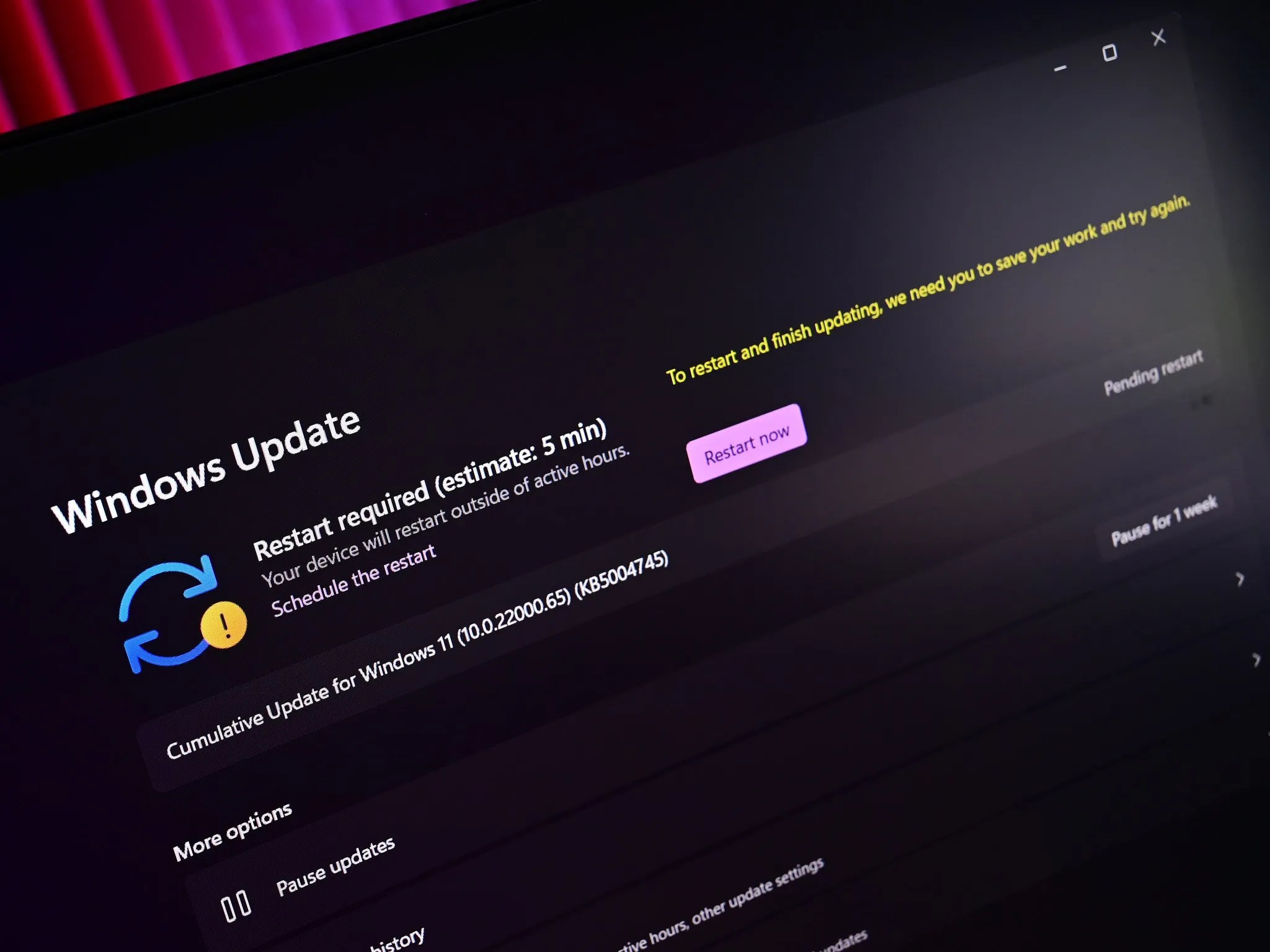
The Challenge Ahead
The path to upgrading isn’t just a matter of software preference but a necessary step for security. The end of support for Windows 10 doesn’t just signal the end of an era; it ushers in a potential security crisis for millions if they do not transition in time. “We believe that one of the most important pieces of technology people will look to refresh in 2025 isn’t the refrigerator, the television or their mobile phone,” Mehdi said. “It will be their Windows 10 PC, and they will move forward with Windows 11.”
As we approach the deadline, the PC industry, along with Microsoft’s security team, faces a crucial test. The necessity for a quick adoption of Windows 11 becomes not just about keeping up with technological advancements but securing a safer future against potential cyber threats.
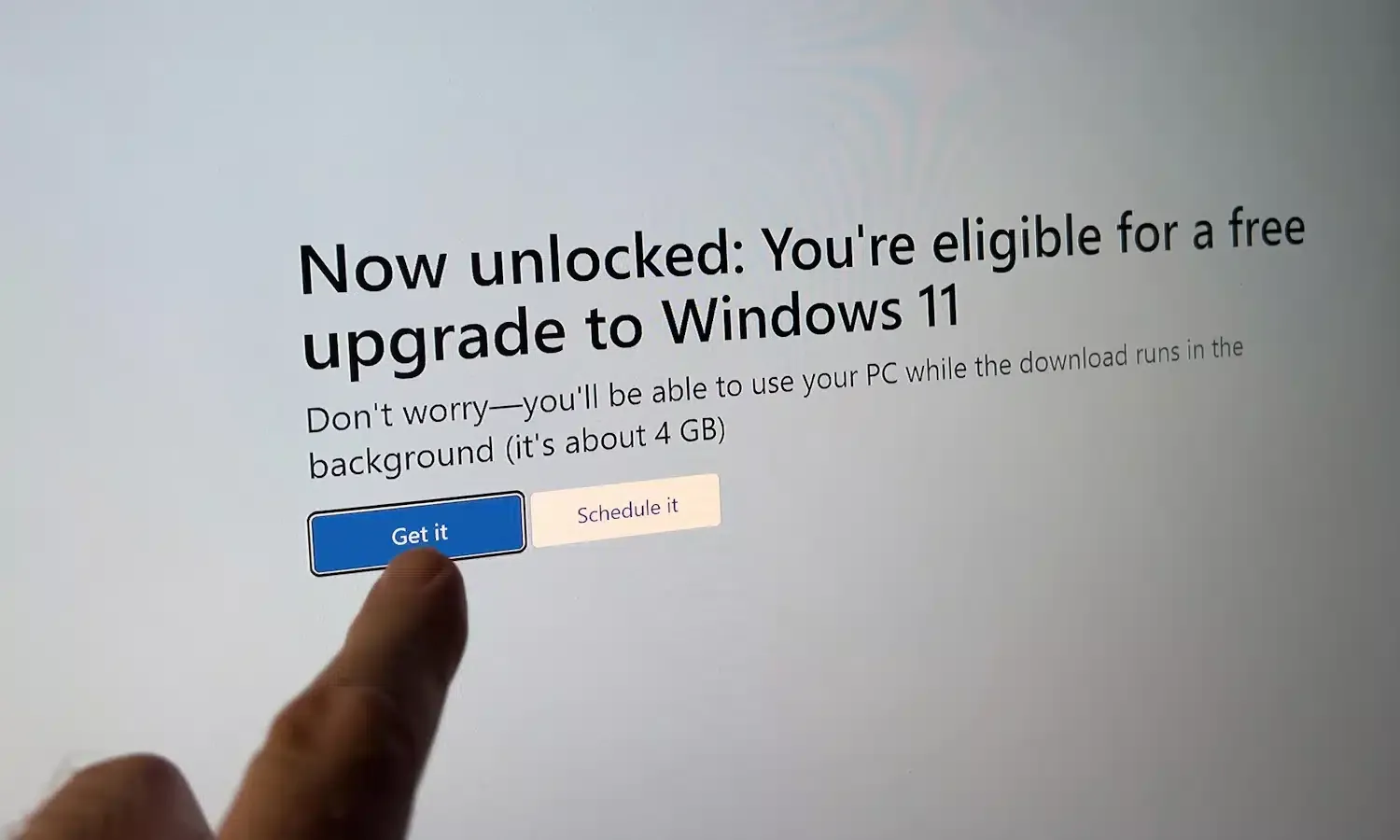
The clock is ticking for 400 million Windows users as Microsoft phases out Windows 10. With security upgrades and AI enhancements on the line, transitioning to Windows 11 isn’t just recommended; it’s essential. As the industry looks towards a future dominated by advanced, secure technology, users are urged to consider their options carefully and prepare for an inevitable upgrade that could redefine their digital experience.

